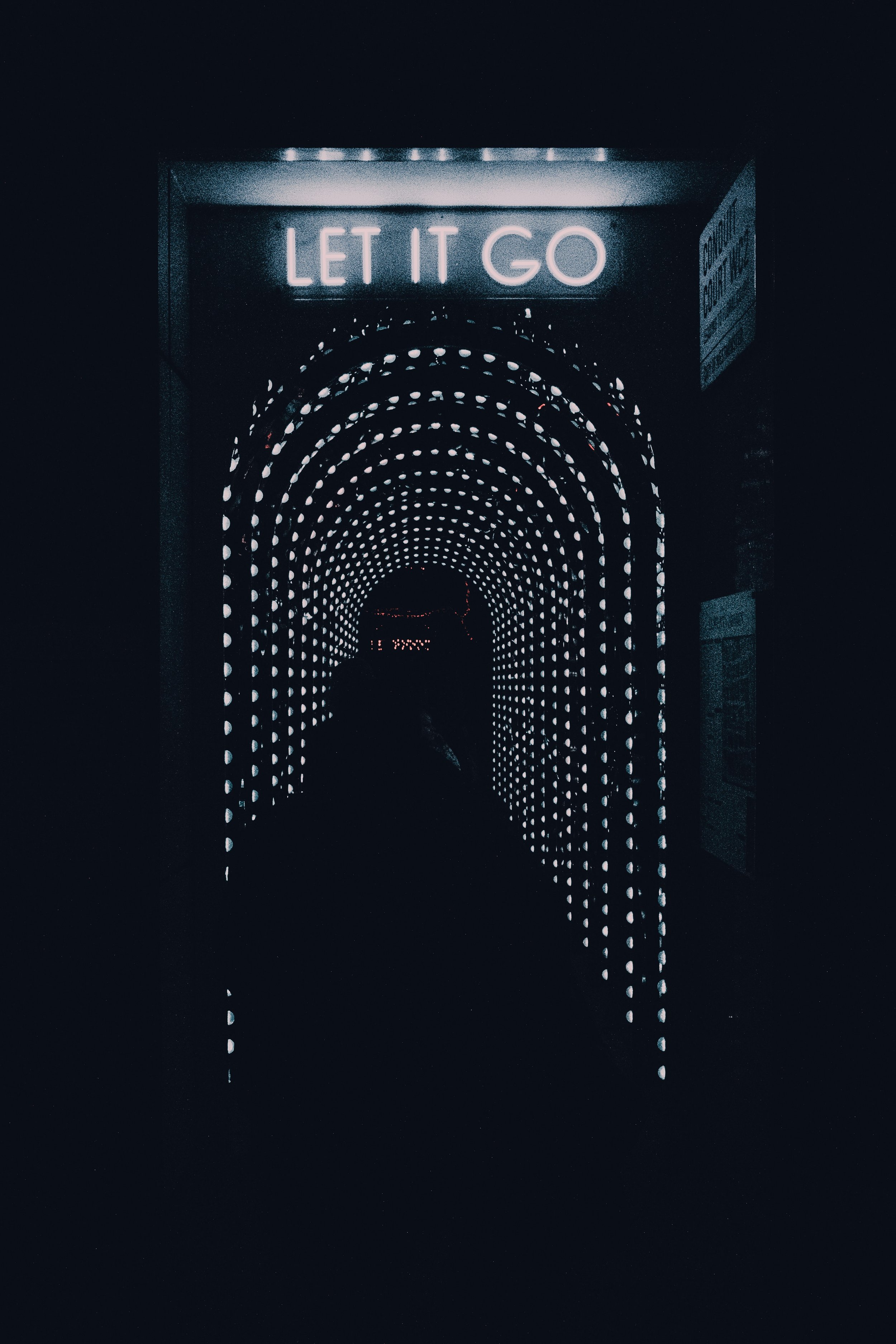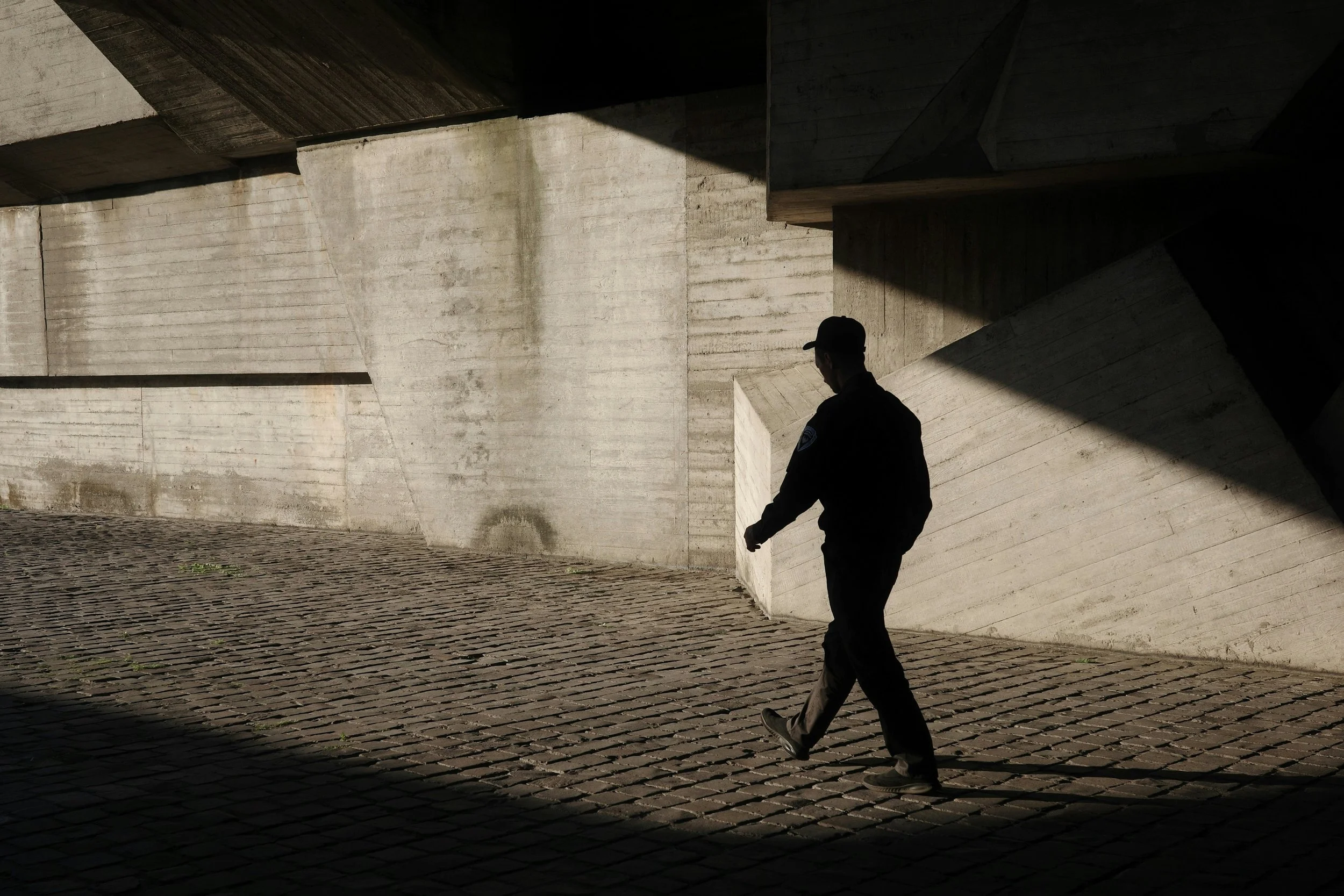Career Counseling as a Practice of Liberation
Reimagining work for those who feel stuck, unseen, or exhausted.
Photo by Sujin C
Burnout isn’t always obvious. It doesn’t just show up as fatigue or frustration. Sometimes it sounds like:
“I don’t know who I am anymore.”
“I left the job, but I still feel stuck.”
“I can’t tell if I’m resting or just numb.”
What gets called burnout is often something deeper: grief, identity loss, and the long-term impact of surviving inside systems that were never built to care for us. For many people—especially Black folks, queer folks, caregivers, immigrants, and anyone who's been made to shrink or overperform at work—burnout isn’t about a lack of resilience. It’s about what had to be held, swallowed, or sacrificed just to get through the day.
Burnout isn’t personal failure. And it doesn’t always look like collapse.
Some people are high-performing and deeply numb.
Some are praised for being reliable while quietly unraveling.
Some are still showing up every day while carrying deep resentment, confusion, or grief.
These are the costs of navigating workplaces shaped by systems that prioritize profit, control, and performance over care, dignity, and humanity.
The grief that comes with burnout can be disorienting. It doesn’t always have a clear object.
You might miss the version of yourself who once believed in your work.
You might feel heartbroken over how long you stayed somewhere that caused you harm.
You might be mourning the energy, creativity, relationships, or the softness you lost trying to be seen as competent and capable.
Most recovery advice tends to focus on rest or reinvention. And while both are vital, they don’t answer the deeper question:
What now?
What now—when the ambition doesn’t feel like yours anymore?
What now—when you’ve learned how to survive, but not how to want?
What now—when the old answers don’t fit, but the new ones haven’t arrived?
Career counseling isn’t usually offered as a response to grief, but I believe it should be.
When we’re navigating burnout, we’re often navigating much more than fatigue—we’re unraveling roles that no longer fit, beliefs that no longer serve us, and identities shaped by survival.
Photo by Samuel Regan-Asante
A liberatory approach to career counseling doesn’t start with résumés or interview prep.
It starts with the whole person. It asks:
What are you grieving?
What parts of you were protecting something?
What do you long for that you’ve never had space to name?
What does alignment—not just achievement—look like for you?
This kind of support isn’t about “fixing” burnout. It’s about moving through it with care.
It’s about witnessing the harm without rushing toward solutions.
It’s about shifting from urgency to curiosity, from performance to presence.
And it’s slow work. Sometimes the first step isn’t clarity—it’s permission to not know.
Sometimes it’s learning to listen to your body again.
Sometimes it’s writing a new definition of success that includes your peace.
Or sitting with the part of you that still believes rest is laziness.
Or realizing that you’ve never been asked what you want, and not knowing how to answer.
Liberatory career counseling invites something else to return: your desire.
The quiet pull you have toward something that feels more honest.
A longing for spaciousness, joy, or purpose—not in the performative sense, but in the real one.
And when that longing shows up, the question becomes: How do I move differently this time?
Here’s one way to begin answering it:
Name what’s been lost or left unspoken.
Grieve the parts of you that had to perform, endure, or disappear.
Listen to the cues your body, spirit, and imagination are offering now.
Align with values that feel true—not just familiar.
Act—slowly, intentionally, from a place of self-honoring rather than urgency.
Photo by Andrew Lvov
This gives space to move through burnout and back into yourself—with care.
This is soul work.
Not the kind you can hustle through, but the kind that invites you back to who you’ve always been.
The kind that says: you are allowed to begin again, from wherever you are.
Not because you’ve proven yourself. Not because you’ve figured it all out.
But because you’re ready to move with care.
When grounded in liberation, career counseling can hold this kind of becoming. It can offer space to slow down, reflect, and reimagine
If you’re feeling unsure of what’s next—navigating burnout, grief, or just trying to make sense of what you want now—know that you’re not alone. You don’t have to have a clear plan.You just need a place to start, and someone who can meet you where you are.
Bianca Shaw, LMSW, CPC (she/her) is a therapist who believes healing is not just about overcoming struggles, but about reclaiming joy, authenticity, and deeper connection. She works with adults, older adults, Black/Afro-Caribbean immigrants, and LGBTQIA+ communities, supporting those navigating burnout, career transitions, identity exploration, anxiety, trauma, and relationship challenges. Bianca also facilitates groups, creating spaces where care, liberation, and growth can unfold.




